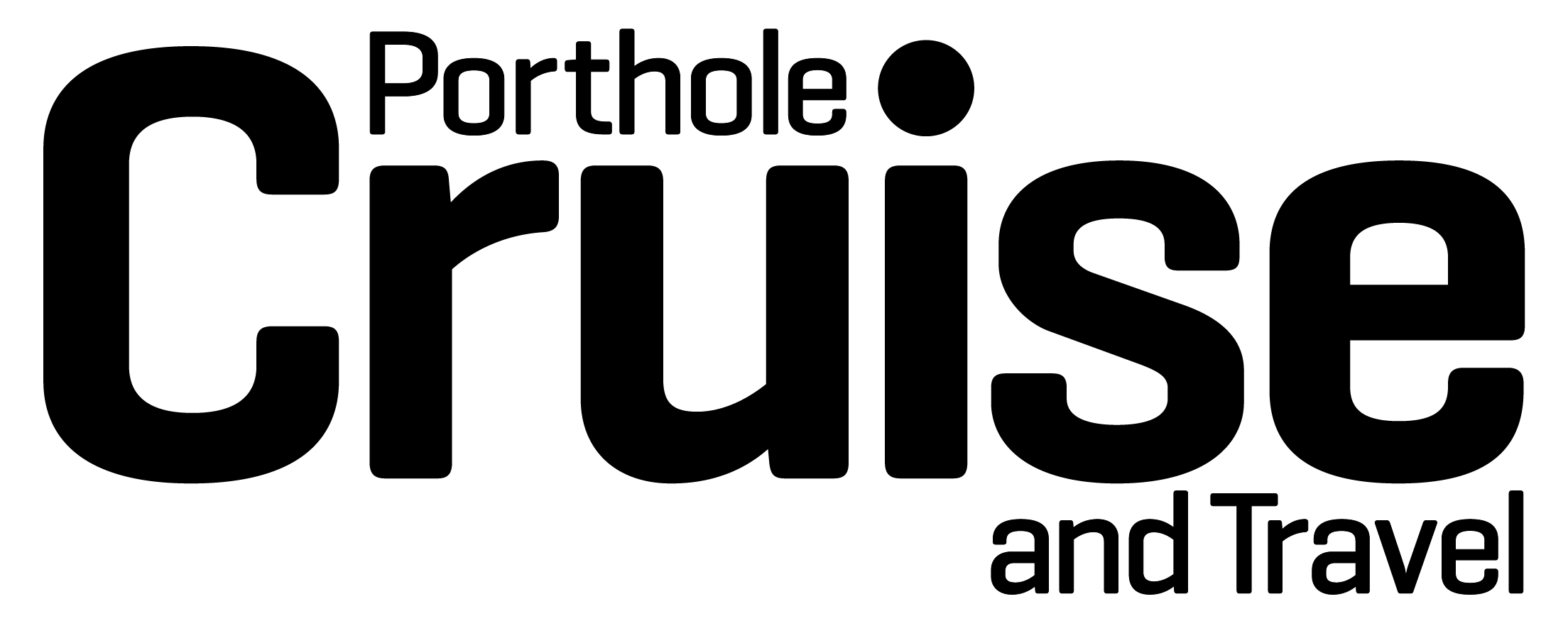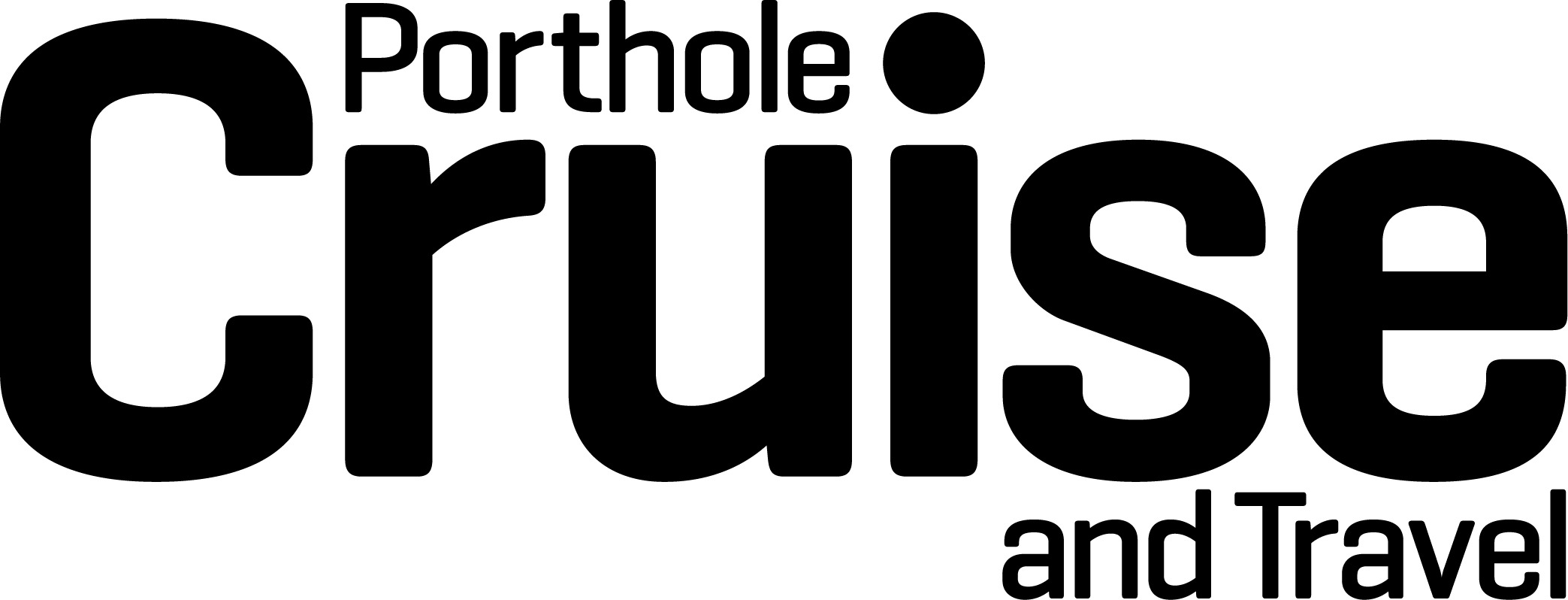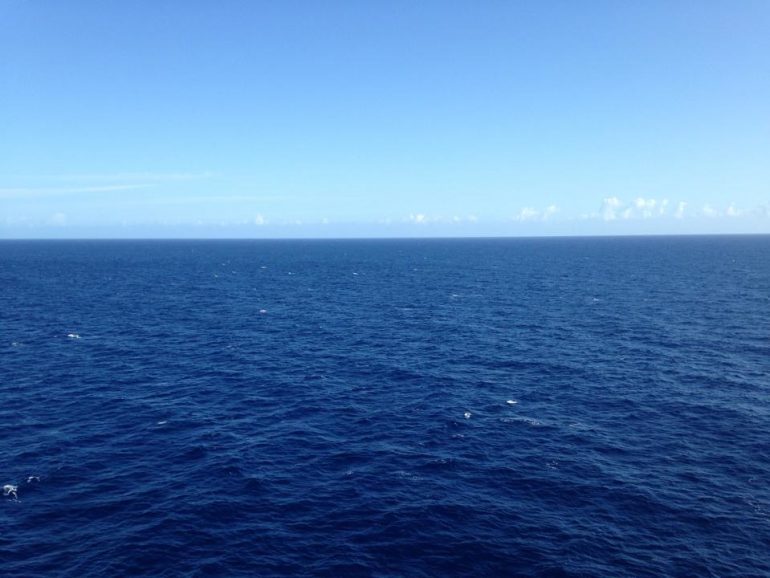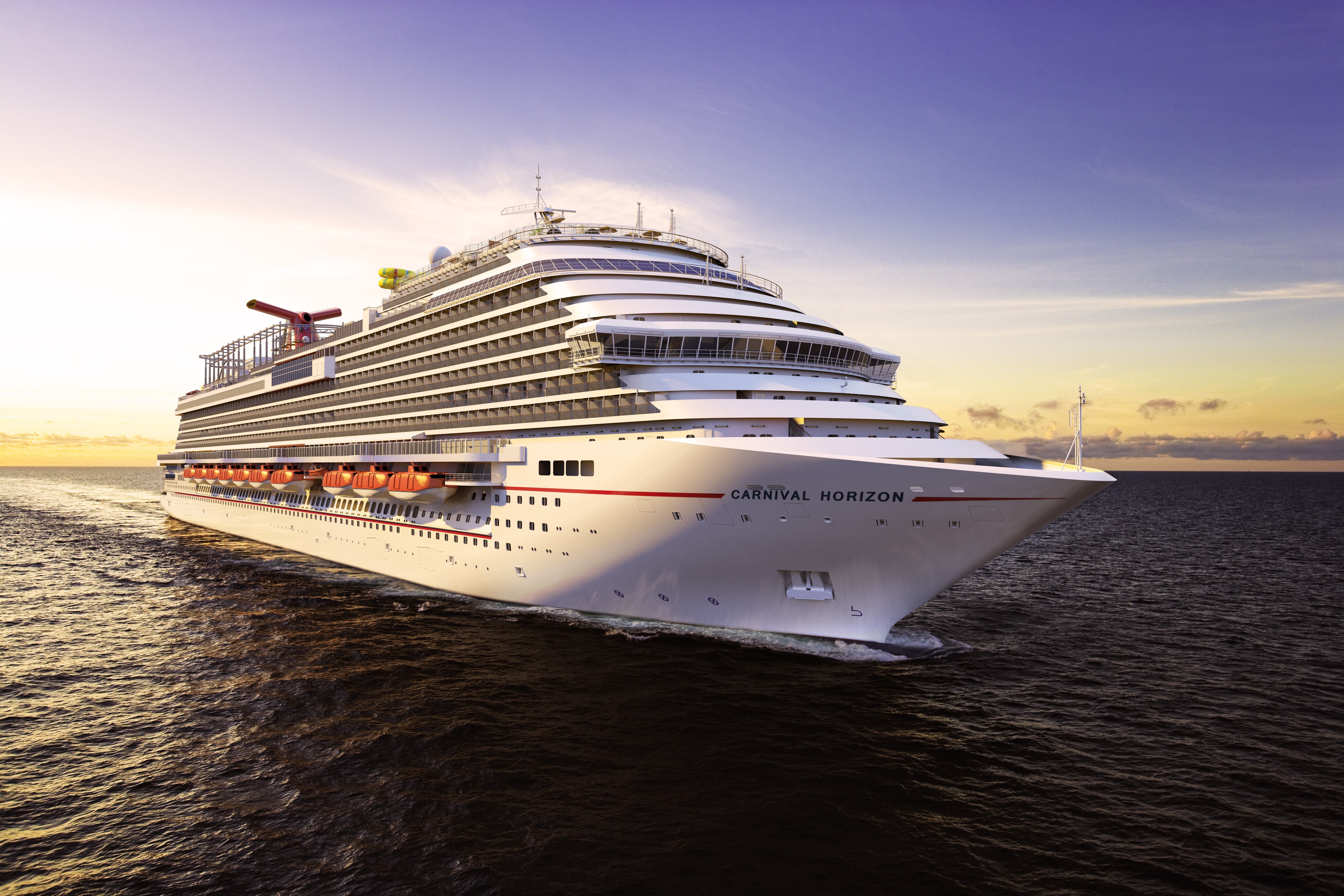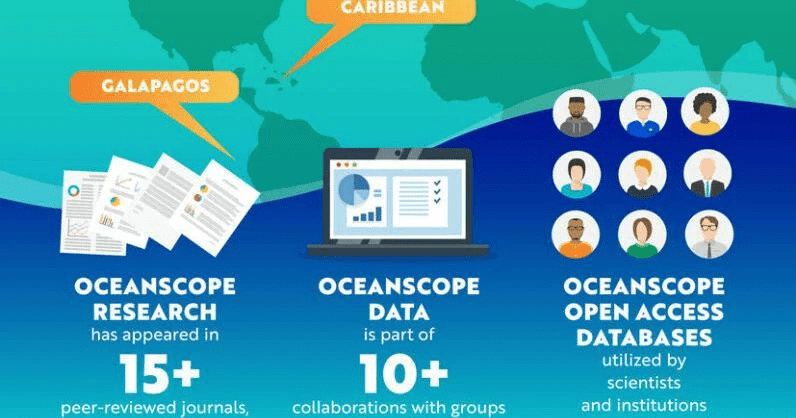
Royal Caribbean Extends OceanScope Collaboration
In honor of World Ocean Day, Royal Caribbean Group announced a four year extension to its partnership with OceanScope, an open-source data program that gives scientists important information to study climate and ocean preservation.
“At Royal Caribbean Group, every day is World Ocean’s Day and we are thrilled to renew a program as impactful to ocean research as OceanScope,” said Jason Liberty, president of Royal Caribbean Group. “We are dedicated to sustaining our planet and delivering the best vacations, responsibly and our decades long support of this unique initiative is testament to that.”
Royal Caribbean Group is working with the University of Miami Rosenstiel School of Marine, Atmospheric Earth Science, NASA and the National Oceanic and Atmospheric Administration (NOAA).
RELATED: ROYAL CARIBBEAN GROUP ANNOUNCES INNOVATIVE BIOFUEL TESTING
More About OceanScope
- OceanScope consists of oceanographic and meteorological instruments on Royal Caribbean vessels.
- The instruments generate a continual, concurrent abundance of the ocean’s vital signs, such as the structure of currents, sea surface, temperature and carbon dioxide concentrations, and salinity collected along repeated ship routes.
- OceanScope, launched in 2002, helped check for ocean acidification, a reduction of pH over an extended period of time caused by an uptick of carbon dioxide from the atmosphere, happening in the Caribbean Sea at different frequencies.
- OceanScope on Royal Caribbean vessels helps with the checking of changes to ocean and atmospheric processes.
“We are most grateful to renew our successful collaboration with Royal Caribbean group,” said Dr. Peter Ortner, a research professor of Marine biology at the University of Miami Rosenstiel School of Marine, Atmospheric and Earth Science.
Ortner said this renewal is an excellent example of how private industry, academic research institutions and government agencies are coming together to produce an incredibly valuable data set highlighting connections between the ocean, atmosphere, and climate.
In 2023, data has been produced from over 100,000 nautical miles from ships, traveling throughout the Caribbean Sea, Galapagos, North Atlantic, and the Mediterranean Sea.
The ships currently providing data to the NOAA include: Allure of the Seas, Adventure of the Seas, Celebrity Cruises’ Celebrity Equinox and Flora. The University of Miami Rosenstiel School and the community as a whole plan to share the program’s findings with its more than eight million guests in an effort to promote Ocean literacy.
Royal Caribbean Group’s preservation efforts extend well beyond OceanScope. The company is advocating for a bigger commitment to sustaining the planet as part of the SEA and Future platform. The company is actively working to decarbonize the business via innovation, collaborative efforts, and transitioning to more sustainable fuel sources.
Royal Caribbean Line’s goal is to achieve Destination Net Zero, a goal to bring a net zero emissions vessel by 2035.
To read more about Royal Caribbean Group’s efforts to keep our planet sustainable, thrill communities and propel innovation, visit http://www.royalcaribbeangroup.com/SEAthefuture
The vacations we serve are only as vibrant as the seas we sail. 🌊 On #WorldOceansDay, @NewsfromRCgroup is proud to renew support for OceanScope, a program collecting real-time data with @MiamiRosenstiel, @nasa, & @NOAA. Learn more 🔗 https://t.co/T2Q2u0MZPF #SEAtheFuture pic.twitter.com/fAiG9DOuOq
— Royal Caribbean (@RoyalCaribbean) June 8, 2023
You may also like
Five Faves: World Oceans Day
Love Thy Ocean Five Fave Programs to Support the Sea Today is World Oceans Day, a day of ocean celeb
Sustainability & the IMPACT of Cruise Tourism with Experiential Travel in Victoria, B.C., Canada
Experiential Travel’ community involvement is no “yolk”. Our support for Woodwynn
Guy Fieri, Queen Latifah Start the Party at Carnival Horizon Christening
It was a star-studded day aboard Carnival Cruise Line’s newest ship, Carnival Horizon, as famed ra
